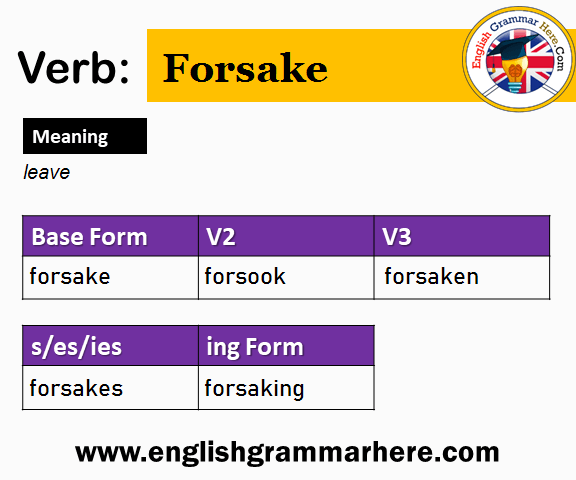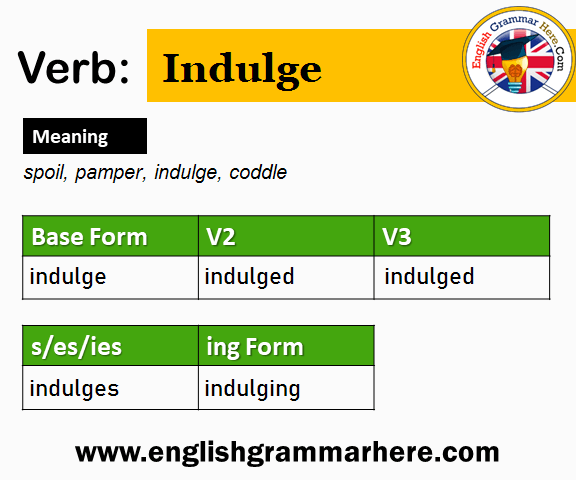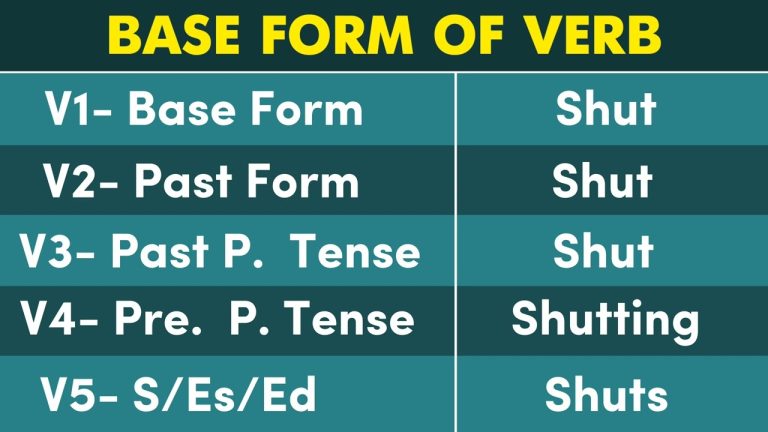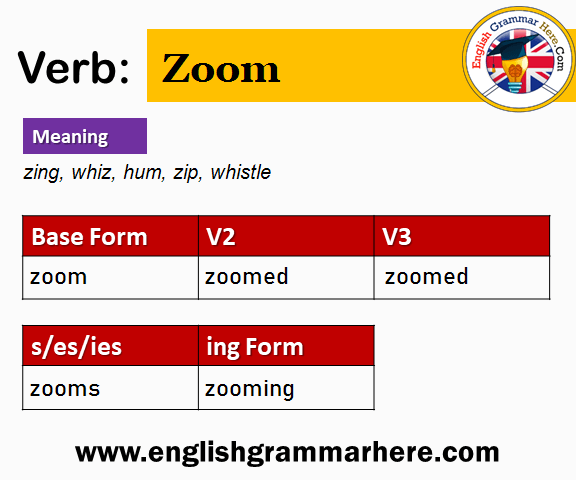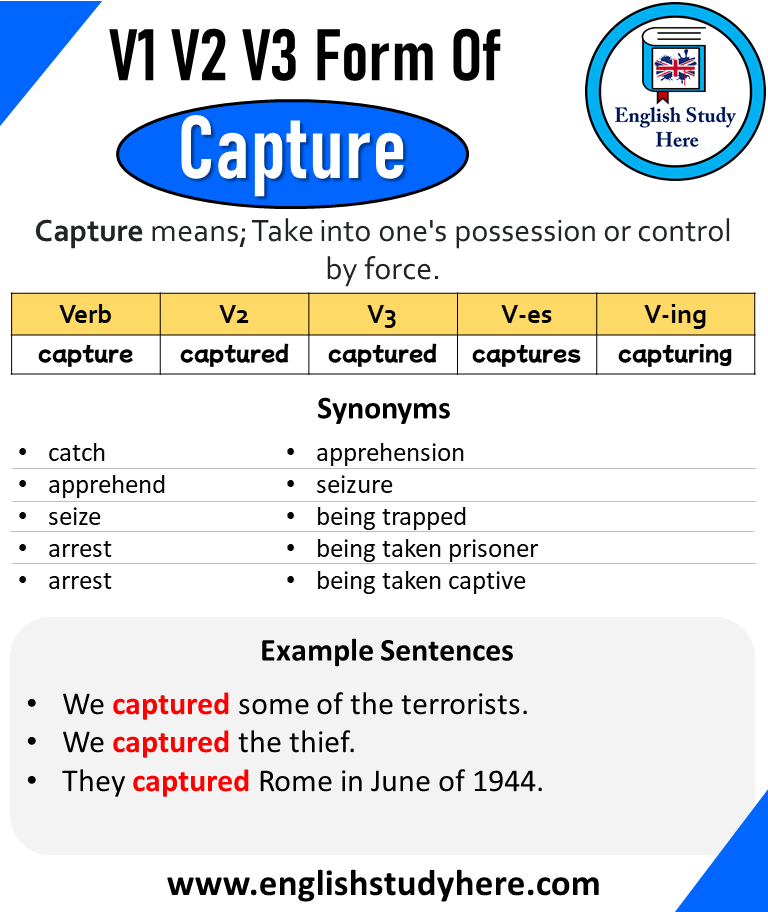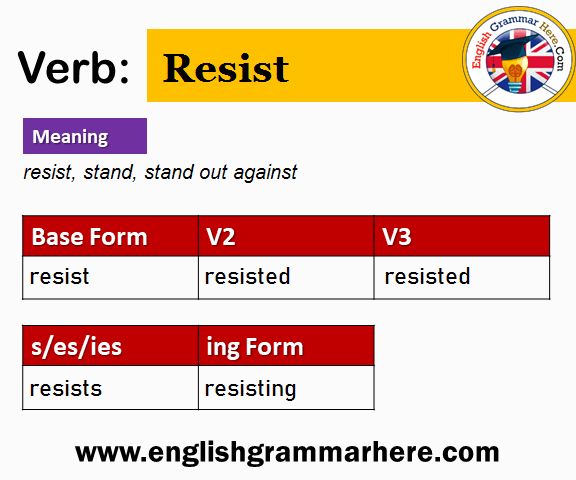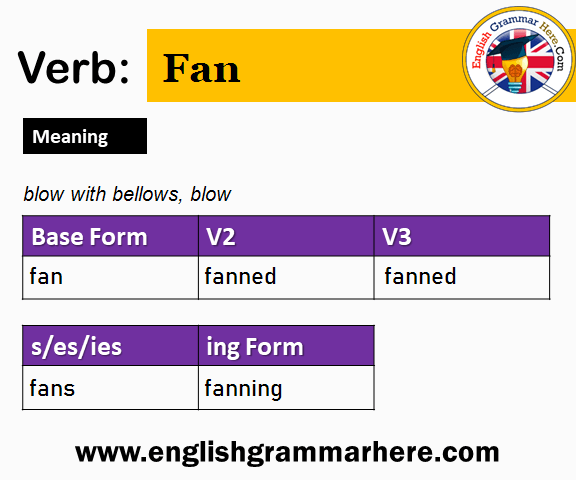Forsake Past And Past Participle Form V1 V2 V3 V4 V5 Form of Forsake
Are you puzzled by the English verb “forsake” and its various forms? Understanding the different forms of verbs can be a challenging task, especially when it comes to irregular verbs like “forsake.”
This blog post is your ultimate guide to mastering the past and past participle forms of “forsake” in English. We will break down its V1, V2, V3, V4, and V5 forms in a way that is easy to grasp and remember.
Imagine the confidence you will gain in your English skills once you can effortlessly use these forms in your writing and speaking! Stay with us, and by the end of this article, you’ll have everything you need to become proficient in using “forsake” in all its forms. Let’s dive in and unravel the mysteries of this intriguing verb together!

Credit: www.pinterest.com
Forms Of Forsake
Forsake is a verb. It means to leave someone or something behind. Forsake has different forms. These forms are used in sentences. Each form has a special use.
| Verb Form | Form of Forsake |
|---|---|
| V1 | Forsake |
| V2 | Forsook |
| V3 | Forsaken |
| V4 | Forsaking |
| V5 | Forsakes |
Knowing these forms helps in speaking and writing. V1 is the base form. V2 is the past tense. V3 is the past participle. V4 is the present participle. V5 is the third person singular.
Usage In Sentences
Forsake means to leave or give up something. Here are examples. I forsake my old toys. He forsakes his bad habits. She has forsaken her past. They have forsaken their fears. We are forsaking our worries.
Forsaking means leaving something behind. He is forsaking his doubts. She is forsaking her anger. They will forsake their troubles. We shall forsake our sadness. Forsaken means left behind. The forsaken land was empty. His forsaken dreams faded away.
Common Mistakes
Many people confuse the past forms of verbs. It’s easy to make mistakes with “forsake”. The verb forms are: forsake (V1), forsook (V2), forsaken (V3). People often use “forsook” instead of “forsaken”. This can change the meaning.
Another common mistake is using the wrong tense. Say “He has forsaken his old habits” not “He has forsook his old habits”. Using the right form makes sentences clear.
Some don’t know the present, past, and past participle forms. Remember: V1 is forsake, V2 is forsook, V3 is forsaken. Knowing these helps in writing correctly.

Credit: englishgrammarhere.com

Credit: ro.pinterest.com
Conclusion
Understanding the forms of “forsake” helps improve your English. Remember, “forsake” transforms into “forsook” in the past. The past participle is “forsaken. ” Use these forms correctly in sentences. Practice makes it easier. These verb forms are important for communication.
Knowing them boosts your language skills. Keep practicing to become more fluent. English verbs can be tricky, but you can master them. Consistent practice leads to progress. Keep learning and exploring. Your effort will pay off. Thanks for reading and keep improving your English skills.
